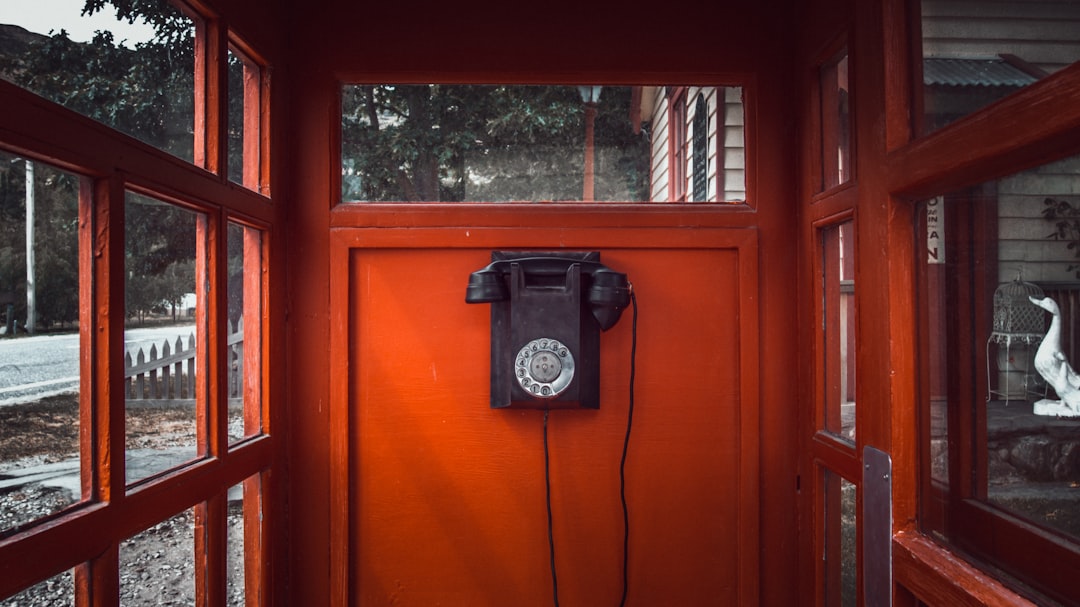Spam calls targeting Iowans on their phones have become a prevalent issue. These unwanted calls often come from telemarketers using automated systems and pre-recorded messages. In Iowa, the Telephone Consumer Protection Act (TCPA) offers privacy protections, with the state attorney general actively enforcing these laws. To mitigate spam calls, be wary of unknown numbers, register with the National Do Not Call Registry, use call-blocking apps, update phone privacy settings, and consult a specialized lawyer for further action against persistent telemarketers.
“In today’s digital age, your phone is often your constant companion, but it can also become a source of frustration with relentless spam calls. Targeting both landlines and smartphones, telemarketers employ various tactics to promote products or services, leaving Iowans with little respite. This comprehensive guide aims to empower residents by demystifying spam calls, understanding legal protections offered by Iowa laws, and providing practical strategies for identifying and mitigating these nuisance calls.”
Understanding Spam Calls: A Common Modern Nuisance
Spam calls have become a common modern nuisance, especially for those with smartphones and cellphones. These unwanted phone calls often come from telemarketers or lawyers trying to sell products, services, or legal advice. In Iowa, as in many other states, these calls can be frustrating not only because they disrupt daily life but also because they may involve deceptive practices or hidden fees.
Understanding what constitutes a spam call is the first step towards mitigating this problem. These calls often use automated dialing systems and pre-recorded messages to reach a large number of people simultaneously. They might claim to offer exclusive deals, threaten legal action, or simply persistently demand a response. It’s important for Iowans to be aware that many reputable businesses no longer rely on such tactics, making these spam calls even more intrusive and questionable.
The Legal Landscape: Iowa's Protection Against Spam Calls
In Iowa, the legal landscape regarding spam calls is designed to protect residents’ privacy and peace of mind when using their phones, whether it be a landline or smartphone. The state has implemented regulations under the Telephone Consumer Protection Act (TCPA) that strictly govern telemarketers’ practices. These laws limit the number of automated or prerecorded phone calls a telemarketer can make to a consumer without prior express consent.
Iowa’s attorney general’s office plays a crucial role in enforcing these laws, investigating complaints, and taking legal action against companies or individuals found violating the state’s anti-spam call provisions. If you’ve received unwanted spam calls on your cellphone or landline, consulting with an Iowa lawyer specializing in telecommunications law can help determine your rights and options for seeking relief from these harassing calls.
Identifying and Dealing with Telemarketers and Their Tactics
In today’s digital age, the term “spam call” has become increasingly relevant, especially on our phones and smartphones. These unsolicited phone calls from telemarketers can be a nuisance, but understanding their tactics is crucial for Iowans to protect themselves. Many times, these sales pitches are disguised as legitimate business calls, making it hard to distinguish between genuine communication and an unwanted sales attempt.
To identify spam calls, look out for common strategies used by telemarketers. They often target specific areas in Iowa through call lists or use automated systems to dial thousands of numbers simultaneously. Some may even pretend to be from well-known companies or government agencies to gain your trust. If you receive a call from an unknown number or a company you’ve never interacted with, be cautious. You have the right to refuse such calls and ask to be added to the National Do Not Call Registry. Consulting with a lawyer specializing in consumer rights can also empower you to take further action against these persistent telemarketers.
Safeguarding Your Phone: Tips for Iowans to Reduce Spam Calls
In Iowa, as in many places, spam calls from telemarketers can be a persistent nuisance. But Iowans have options to safeguard their phones and reduce unwanted calls. One effective strategy is to register your number on the Do Not Call list maintained by the Federal Trade Commission (FTC). This federal registry prohibits most telemarketers from calling you unless you give them explicit consent. Additionally, many smartphone apps offer robust call-blocking features that can automatically filter out spam calls. These apps learn to recognize and block numbers associated with telemarketing scams.
For further protection, consider being cautious about sharing your phone number publicly. Avoid listing it on forms or websites where it could be easily scraped for marketing purposes. If you must provide your number, consider using a separate line or virtual phone number specifically for services that require contact—a strategy often employed by lawyers and other professionals dealing with high call volumes from clients. Regularly reviewing and updating privacy settings on your cellphone can also help limit the types of calls you receive, ensuring your communications remain as peaceful and clutter-free as possible.
